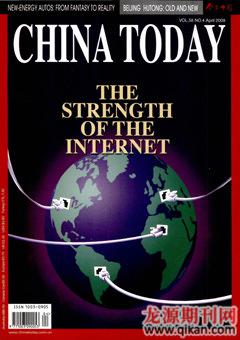China Returns to the UN
By SHUANG SHUANG

At 10 oclock on October 25, 1971, the 26th UN General Assembly passed a resolution sponsored by Albania, Algeria and 21 other countries, restoring all the lawful rights of the Peoples Republic of China at the United Nations. It was passed with an overwhelming majority (76 for, 35 against and 17 abstentions). This was the famous Resolution 2758. The Peoples Republic of China, which had been deprived of its legal status at the international body for 22 years, was finally admitted to the UN. At that historic moment, members of the PRC delegation smiled happily and there was thunderous applause in the UN conference hall.
China was a founding member of the United Nations and one of the five permanent members of the Security Council. As early as January 1, 1942, representatives of 26 nations, including China, the United States, the United Kingdom and the Soviet Union, signed the Declaration by United Nations in Washington D.C. In June 1945, the Chinese delegation, which included representatives of the Communist Party of China and the Kuomintang, signed the UN Charter. However, the Peoples Republic was deprived of its legal status at the UN for 22 years after its founding in 1949. The issue of its admittance to the UN aroused widespread attention in the international community. On November 16, 1971, a PRC delegation attended the UN General Assembly session for the first time. Representatives of 56 attendee countries made speeches to welcome them, a process which took six hours. On that day, Qiao Guanhua, head of the PRC delegation, promised that the Peoples Republic of China would never act like a superpower.
Only 64 countries had diplomatic ties with the PRC prior to October 24, 1971. After the adoption of UN Resolution 2758 in 1971, Chinas diplomatic status was gradually recognized across the globe. To date, the number of nations having diplomatic relations with the PRC has reached 169. Chinas return to the UN prompted many nations to forge ties, which helped paved the way for the nation to implement its subsequent opening-up policy.

